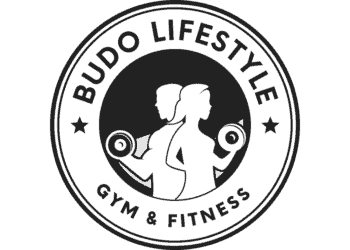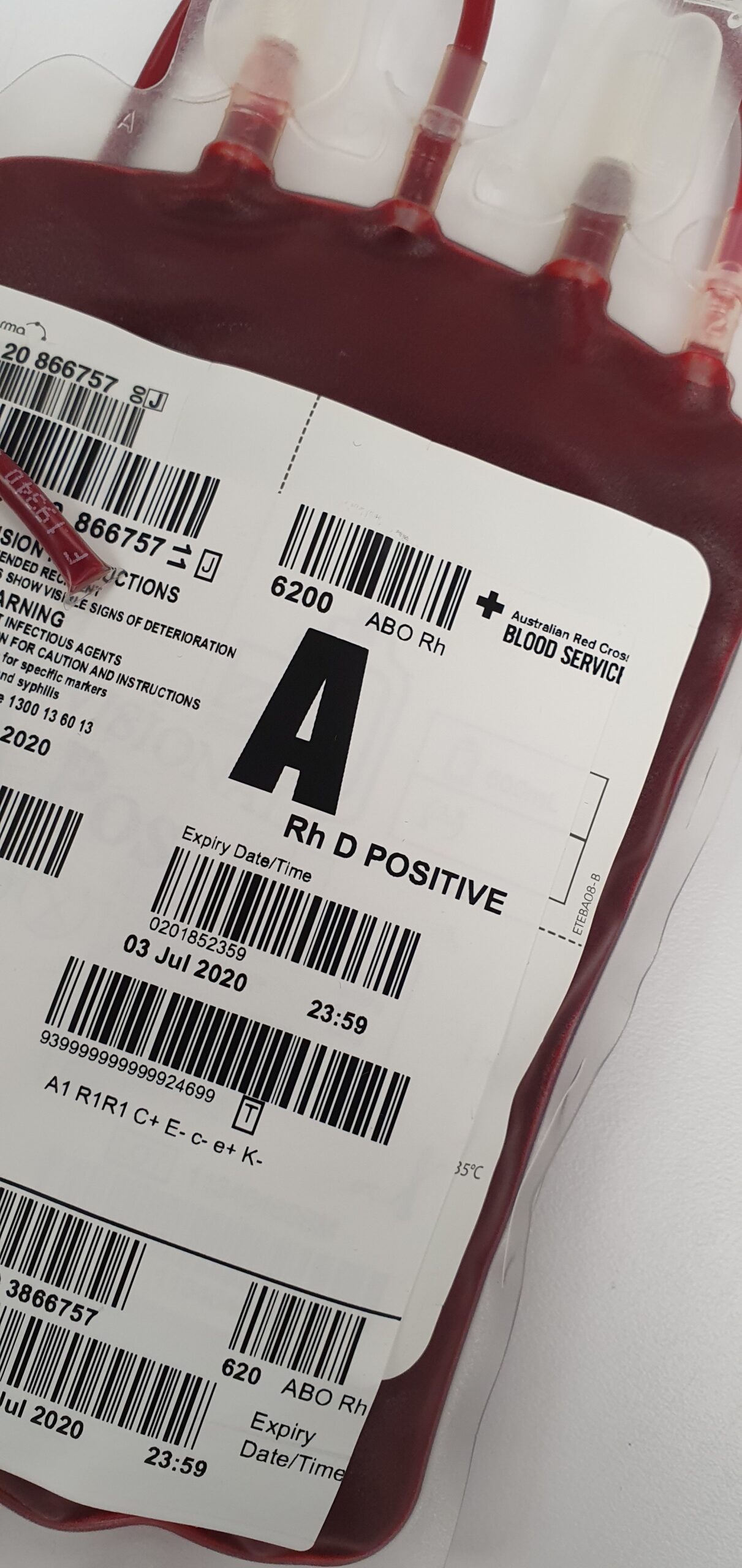Vitamins and minerals are nutrients that we must take through the diet, because our body cannot produce them, with few exceptions. They help the body to function properly and their reserves need to be replenished constantly.
We daily ingest and should ingest vitamins and minerals through the food we consume. Some foods have more vitamins and minerals, some less. Their intake (minerals and vitamins) is crucial for every process that takes place in the body. They are closely related to other molecules in cells. An irreplaceable role in metabolism, enabling countless processes in the body to take place normally. Organic compounds are produced in plants and animals.
Vitamins are divided into two groups
-Water-soluble vitamins and
– Fat-soluble vitamins (A, D, E, K)
Water soluble vitamins
B-complex vitamins
This group of vitamins includes:
vitamin B1 (thiamin),
vitamin B2 (riboflavin),
nicotinic acid (vitamin B3),
pantothenic acid (vitamin B5),
vitamin B6 (pyridoxine), Folic acid,
vitamin B12 (cyanocobalamin).
Vitamin C
Fat-soluble vitamins (A, D, E, K)
The body cannot produce or fully store the vitamins it takes. They need to be dissolved in water before they can be absorbed.
They are water-soluble vitamins
Vitamin C
B group vitamins
Due to their easy solubility, water-soluble vitamins go through the metabolism faster and are excreted faster in the urine.
If the body does not use them, they are easily thrown out and therefore we need to take in larger amounts every day.
Fat-soluble vitamins are easier to store in the body and in larger amounts than recommended can cause hypervitaminosis.
There are 13 vitamins and 15 minerals that we need to be healthy.
Vitamins and minerals strengthen the immune system, normal growth, and development.
Vitamin B1 (thiamine)
Involved in carbohydrate metabolites.
The first vitamin discovered and together with other B vitamins participates in the utilization of fats and proteins, keeping the heart and mucous membranes healthy. It has a role in converting glucose into biological energy, needed for proper brain function. It’s involved in certain reactions that take place in nervous tissue, the heart, and formation of erythrocytes, maintenance of smooth and skeletal muscles. This vitamin is also called an anti-stress vitamin. It stimulates growth, fertility, and lactation.
Useful
Alzheimer’s
Epilepsy
Depression
Fatigue
Aphthous ulcers in the mouth.
Thiamine deficiency causes canker sores.
Stiffness and muscle cramps
The feeling of weakness and depression
Irritability
Forgetfulness
It is effective for treating herpes zoster
Sources
It is found in all types of food of plant and animal origin. The highest concentrations are in
Nuts
Brown rice
Seafood
Cereals
Milk
Chicken and pork
Legumes
Yeast
Thiamine is destroyed during long exposure to high temperatures. The food that is being prepared should have a certain amount of water so that water-soluble vitamins are not lost.
Deficit
Berry-berry
Crohn’s disease
Cirrhosis
Alcoholism
Dialysis
Patients with diabetes
Kidney diseases
The use of citrates and carbonates can reduce the absorption of thiamine
Magnesium improves absorption
So that a frequent deficiency is accompanied by other deficiencies from the b group
And it is best to take B complex.
People who have a deficiency of this vitamin have a problem with the digestion of food. Thiamine is closely related to heart failure, as many people who consume diuretics help to release excess fluids that can also release thiamine.
Sufficient vitamin C, E, and B, especially B1, B2, B9
Or folic acid protects the eye from cataracts.
Vitamin B2
Riboflavin is a coenzyme for the enzyme of the respiratory system and is a constituent day of the flavoproteins for that enzyme. A key role in converting amino acids and fats into ATP gives the body the necessary energy. It participates in the activation of vitamin B6 and folic acid. That is why athletes have a higher amount of this vitamin. In them, vitamin B2 is consumed faster. So it is necessary to take it constantly. In some cases, it also acts as an antioxidant. It is used in the prevention of migraine, in case of ulcerative stomatitis in children.
Cataract
Maintaining physical fitness in elite athletes.
Sources
Animal products (milk, meat, eggs). They are the main sources of this vitamin. That’s why vegans and vegetarians have a deficiency of this vitamin.
But riboflavin is also found in green leafy vegetables and whole grains.
Spinach
Green turnip
Broccoli
Ginger
Maple syrup
Mushrooms
Brewer’s yeast
Asparagus
Peppers
Root vegetables
Some scientific knowledge claims that vitamin B2 is needed to mobilize Fe.
Deficiency symptoms
Fatigue
Fun growth
Cracks and sores oculo mouth. lamp sensitivity Swelling and sore throat. The elderly and alcoholics are exposed to a frequent deficiency of this vitamin due to poor nutrition. The best utilization is between meals.

People who do not eat a balanced diet should take multivitamins
Niacin B3 Nicotinic Acid. Part of the B vitamin complex, which plays a significant role in the body’s metabolic processes. More than 400 enzymes need vitamin B3 for the smooth running of metabolic reactions, through which energy is obtained and stored in the body. In addition, the vitamin B complex is necessary for healthy skin, hair, eyes, and a healthy liver, and helps in the normal functioning of the nervous system.
Lack of vitamin B3 usually occurs as a result of an inadequate diet, which is poor in niacin and tryptophan (an amino acid from which niacin is obtained with the help of the liver).
The reasons that can lead to vitamin B3 deficiency are:
Insufficient intake of vitamin B3 or tryptophan;
Carcinoid syndrome
Prolonged treatment with anti-tuberculosis drugs;
Chronic consumption of alcohol;
Persons undergoing dialysis;
Consumption of certain drugs – antidepressants, immunosuppressants
Persons with malignant diseases;
Persons infected with HIV.
A mild deficiency of vitamin B3 can lead to:
Fatigue;
Vomiting;
Problems with the digestion of food;
Depression;
Oral ulcerations (canker sores).
severe vitamin B3 deficiency, also known as pellagra
Gastrointestinal system. Diarrhea is a major gastrointestinal symptom, which can be accompanied by indigestion, loss of appetite, abdominal pain, nausea, and vomiting.
Skin. In pellagra, the appearance of dermatitis is characteristic. It is a skin rash that affects the face, neck, hands, joints of the feet and hands, elbows, and knees. Changes that occur on the skin can be caused by exposure to sunlight. Swelling of the tongue and the appearance of sores on the lips are possible. Skin changes are often accompanied by itching and a burning sensation.
CNS. Neurological symptomatology is diverse and may include insomnia, tremors, tingling, irritability, numbness, paralysis, mental disturbances, balance disorders, and dementia.
Sources
A vegetable
Meat
Poultry
fish
Eggs
Beans
Cereal grains
Tuna
Pumpkin seeds
Stone fruits
Vitamin B3 can help with:
Elevated “bad” cholesterol. Research shows that vitamin B3 increases the level of “good” cholesterol, which leads to a decrease in the level of “bad” cholesterol in the blood.
Diabetes. In type 1 diabetes, the immune system mistakenly attacks and destroys the insulin-producing cells of the pancreas. It is thought that vitamin B3 can protect cells for a certain period. When it comes to type 2 diabetes, the action of niacin is more complicated. People suffering from this disease often have high cholesterol levels. Vitamin B3 helps reduce the level of “bad” cholesterol but can raise the level of sugar. Therefore, before using supplements based on vitamin B3, a doctor’s consultation is required.
Heart diseases. In people who suffer from atherosclerosis and have an increased risk of developing a heart attack, with the help of vitamin B3, the level of “bad” cholesterol is reduced. Slows down the progression of the disease. Although still under investigation, in addition to the above health conditions. Vitamin B3 may help people with Alzheimer’s disease, cataracts, osteoarthritis, acne, and more.
Vitamin B3 overdose can lead to headaches, dizziness, blurred vision, gastrointestinal problems, liver toxicity, etc. Therefore, before using supplements based on vitamin B3, consultation with a doctor is necessary.
Dosage
Children (1-13 years) – 2-12mg depending on age
Teenage girls (14-18 years old) – 14mg
Teenagers (14-18 years old) – 16mg
Adult women over 19 years – 14mg
Adult men over 19 years – 16mg
Pregnant women – 18mg




